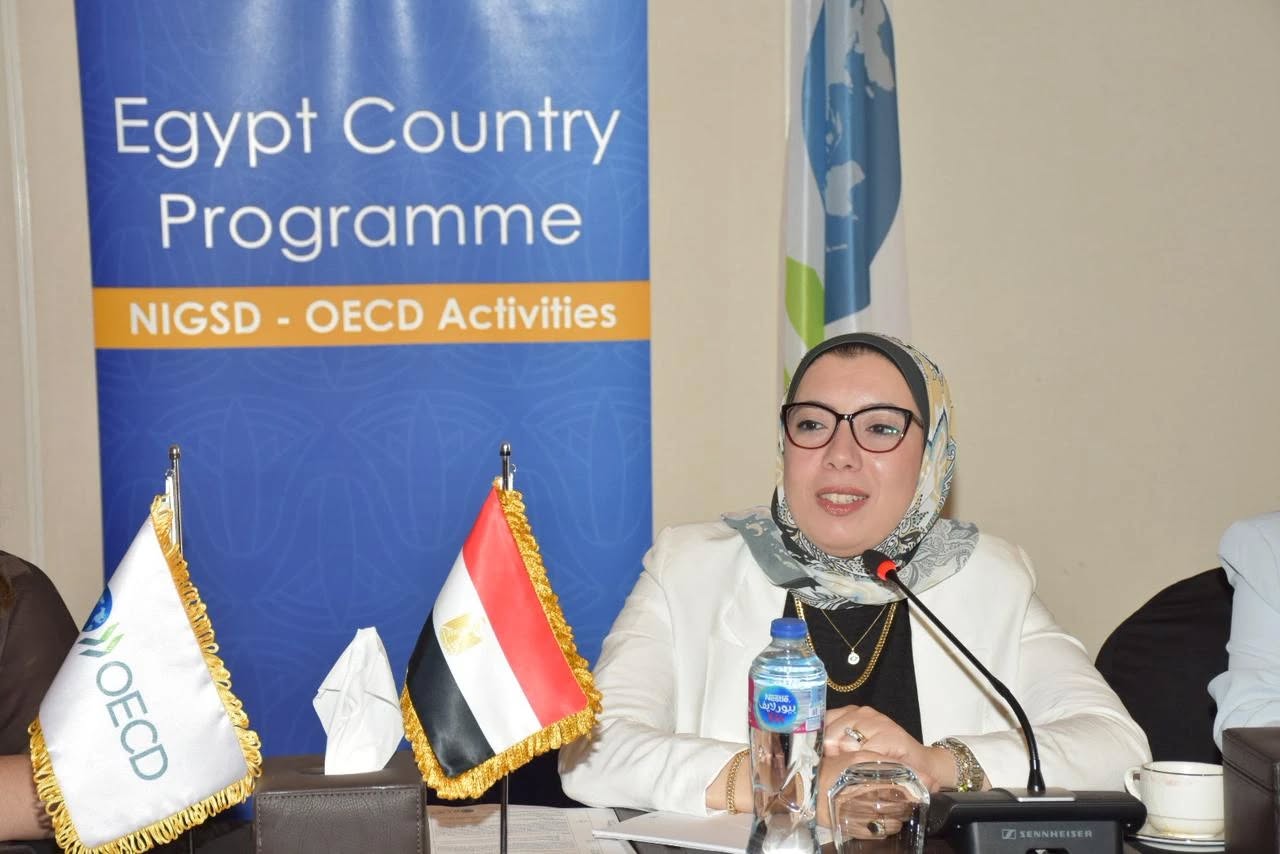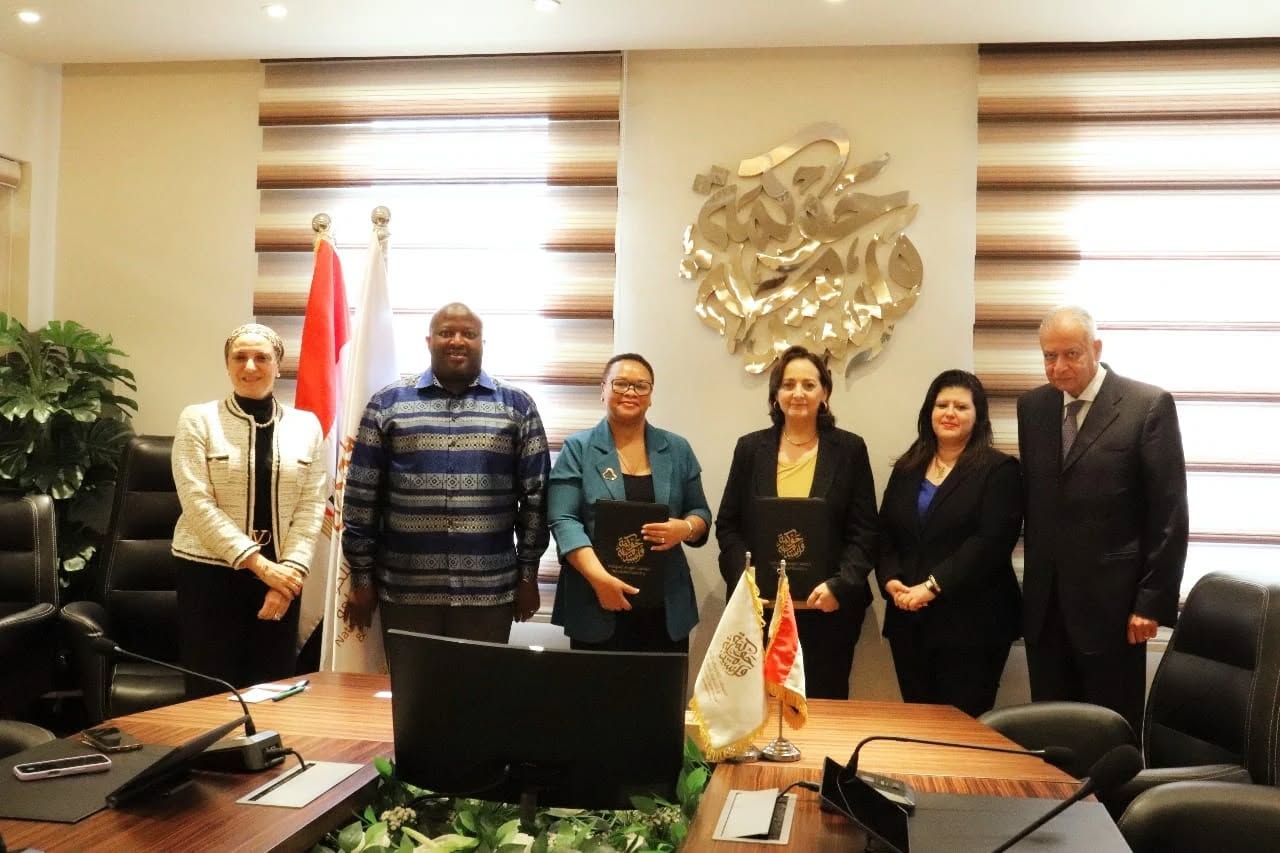NIGSD Joins Regional Workshop in Amman on Leveraging Data to Combat Corruption for Sustainable Development

The National Institute for Governance and Sustainable Development (NIGSD) participated in a regional workshop titled “Leveraging the Power of Data to Support Anti-Corruption for Sustainable Development,” held in Amman, Jordan.
The workshop addressed global perspectives on combating corruption and promoting integrity, with a particular focus on their relevance to development priorities in the Arab region. Key thematic areas included: anti-corruption and the private sector, measuring corporate experiences with bribery, youth empowerment and participation in anti-corruption efforts, the intersection of anti-corruption and climate action, preventing and recovering from conflict through anti-corruption, gender mainstreaming, performance measurement of anti-corruption agencies, and integrity in public procurement.
Dr. Amr Nabil, Director of the Institutional Governance Unit at NIGSD and the Institute’s representative at the workshop, stated that the recommendations resulting from the dialogue and experience exchange between Arab and international institutions will be presented at the upcoming Global Conference on Corruption Measurement.
Participants in the workshop included:
The Administrative Control Authority (Egypt), Iraqi Federal Integrity Commission, Jordanian Integrity and Anti-Corruption Commission, Saudi Oversight and Anti-Corruption Authority, Confederation of Tunisian National Institutions, Lebanese National Anti-Corruption Commission, Moroccan National Authority for Integrity and Prevention and Fight Against Corruption, Palestinian Higher Council for Public Procurement Policies, Lebanese Public Procurement Authority, Arab Institute of Business Leaders, Institute of Finance and Governance at the Lebanese Global Business Institute, Asfari Institute for Civil Society and Citizenship at the American University of Beirut, Youth for Governance Initiative (Lebanon), U4 Anti-Corruption Resource Centre, OECD, United Nations Development Programme (UNDP), World Bank, United Nations Economic and Social Commission for Western Asia (ESCWA), International Anti-Corruption Academy, and the Korea International Cooperation Agency (KOICA).

See more




